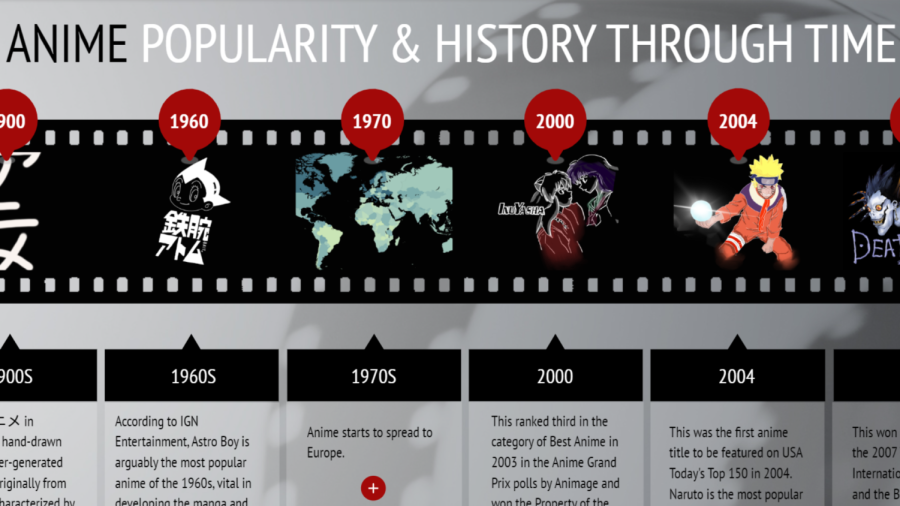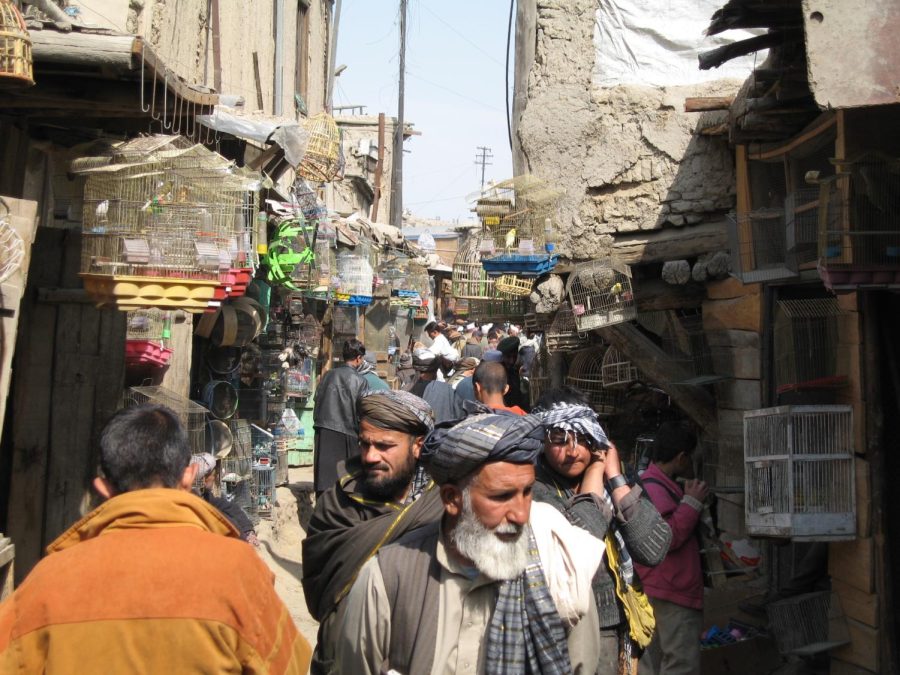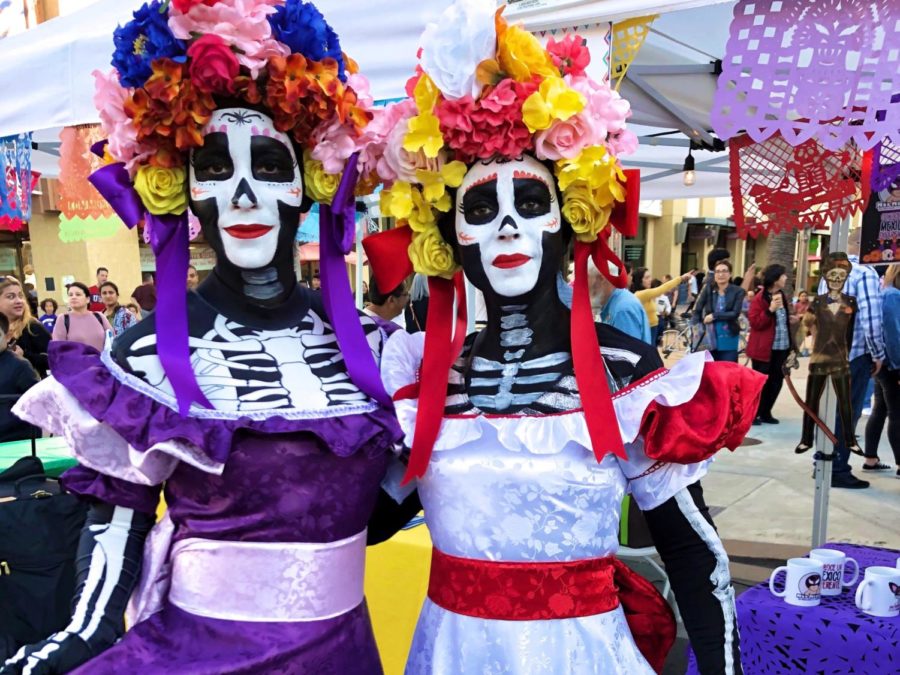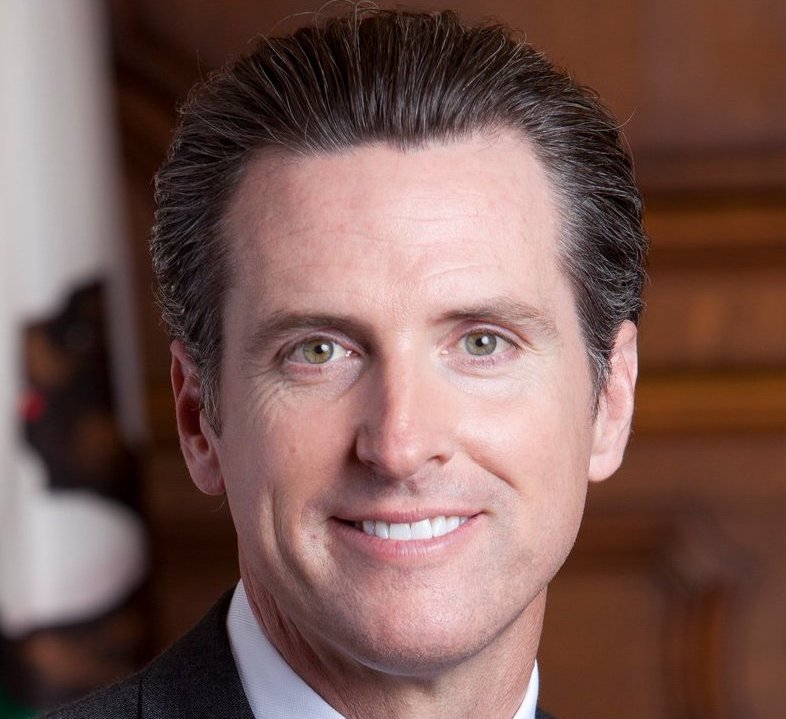Since 3000 B.C. when the first case of cancer was reported, cancer has evolved significantly and a cure still remains a medical mystery. What most teenagers at Carlmont don’t know is that some of their own have lost family members to cancer, while a few of them have been diagnosed with cancer themselves, and the impact cancer makes on students.
Recently, Louisi “K.C.” Harnish-Palavi, a Carlmont Academy student, was the latest case of cancer amongst Carlmont students who was diagnosed a few weeks ago with Nasopharyngeal Carcinoma, a form of nasal cancer.
“After work one night my mom told me that my doctor called and that I had cancer,” Harnish-Palavi described. “I just sat there in shock; not believing that it was real.”
According to the Office of National Statistics with statistics analysed by Dr. Robert Alston, Professor Jillian Birch and Professor Tim Eden, one in 312 males and one in 361 females will be diagnosed with a form of cancer before the age of 20.
As a result, Harnish-Palavi will soon be receiving treatment and is no longer attending Carlmont, but she is not alone.
“I was diagnosed with Non-Hodgins T-Cell Lymphoblastic Lymphoma (also known as NHL) in the summer after my freshman year,” stated Nathan Galicia, another Carlmont student. “I was in disbelief because I just finished my freshman year…and I participated in a bunch of martial arts competitions and was perfectly fine. It was such a life-changing moment.”
TeensLivingWithCancer.org reports that, “NHL accounts for about 8% of all teen cancers each year in the United States.” The website also reports that males are three times more likely than girls to get NHL.
Like Galicia, Miranda Santana, a current junior at Carlmont, experienced a life-changing moment when her mother was diagnosed with cancer after her freshman year.
“My mom had CML, basically Leukemia. She told me over the phone and made sure I knew that she was going to be OK. I started bawling my eyes out,” Santana explained. “She got sick in the summer, so…I spent everyday in the hospital with her.”
For all of these students, dealing with cancer was the hardest battle in their lives. Many forms of cancer are related to our lifestyle and teens are shaping habits they will keep, but not all are positive. There are many origins of cancer like smoking, eating processed or unhealthy foods, and too much exposure to sun.
A recent report published in Pediatrics shows that female teenagers who consume alcohol on a daily basis are more likely to be diagnosed with breast cancer.
“It’s clear that this study shows that adolescent alcohol [drinking] drives up the risk of these preliminary benign changes in the breast,” said Dr. Graham Colditz, a professor of surgery and associate director for prevention and control at the Siteman Cancer Center of Washington University School of Medicine, to the Huffington Post.
According to the American Society of Clinical Oncology, or ASCO, some of the main changes in a teenager’s life after being diagnosed will be in their relationship with their family, friends, and school.
Cancer not only affects yourself, but it also changes the lifestyle of your family. As the daily routines of the family changes, some teenagers have reported that their relationships have improved between their parents and siblings.
“Some friends and family took it really hard, but I know I have a lot of support from them,” said Harnish-Palavi. “Dealing with the reality of it and thinking about all the side of effects of the treatment is hard.”
Santana agrees with Harnish-Palavi that cancer dramatically affects your lifestyle, especially after her mother passed away.
“The sacrifices I made after she died were the hardest. I really have to take care of my brother, since he was only seven [at the time]. I feel like I got jipped,” Santana explained. “Recently, I went prom dress shopping with my friend Mary, and every girl in that store was shopping with her mom. I’ve always wanted to have my mom take me prom dress shopping. I started crying right there.”
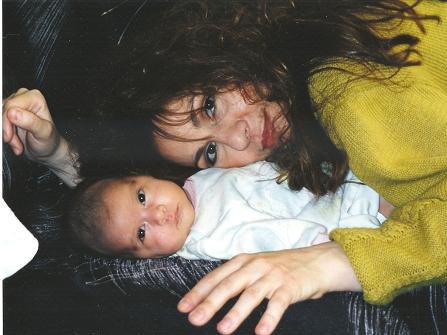 [/media-credit]
[/media-credit]
- Miranda Santana with her mom when she was a baby
Another way that cancer affect students is through school. Santana explained to us that when she started school the next school year, she was overwhelmed and her grades began to slip.
Harnish-Palavi also explained how cancer’s impacted her life. “I’ve always thought cancer was a very unfortunate thing but never thought it would be me. It’s ruining all my plans that I had,” she said.
Some students have a hard time acknowledging the facts and choose to hide it, but others such as Santana decided to reach out and she met with students who are affiliated with Carlmont’s Students Offering Support, a peer-to-peer support program founded by Carlmont’s stundet counselor Shelley Bustamante to help students combat with negative feelings, who share similar experiences.
“After a few months, people expected me to try to get over it and I had a lot of self-destructive habits that I used to cope that never really worked.”
Santana explained that she joined Carlmot’s track team to help her release her bad endorphins and she’s currently a core-leader of the S.O.S. program and speaks to freshman classes and other schools about her experience.
“There is always hope and your mindset can improve anything and there are always people around you that can help you,” concluded Santana.
Harnish-Palavi wants other students to know that cancer’s a part of life. “Try to be happy…and also try to make the best of things and make every step count, it’ll be ok in the end. Cancer is unexpected, but [is] part of life.”


